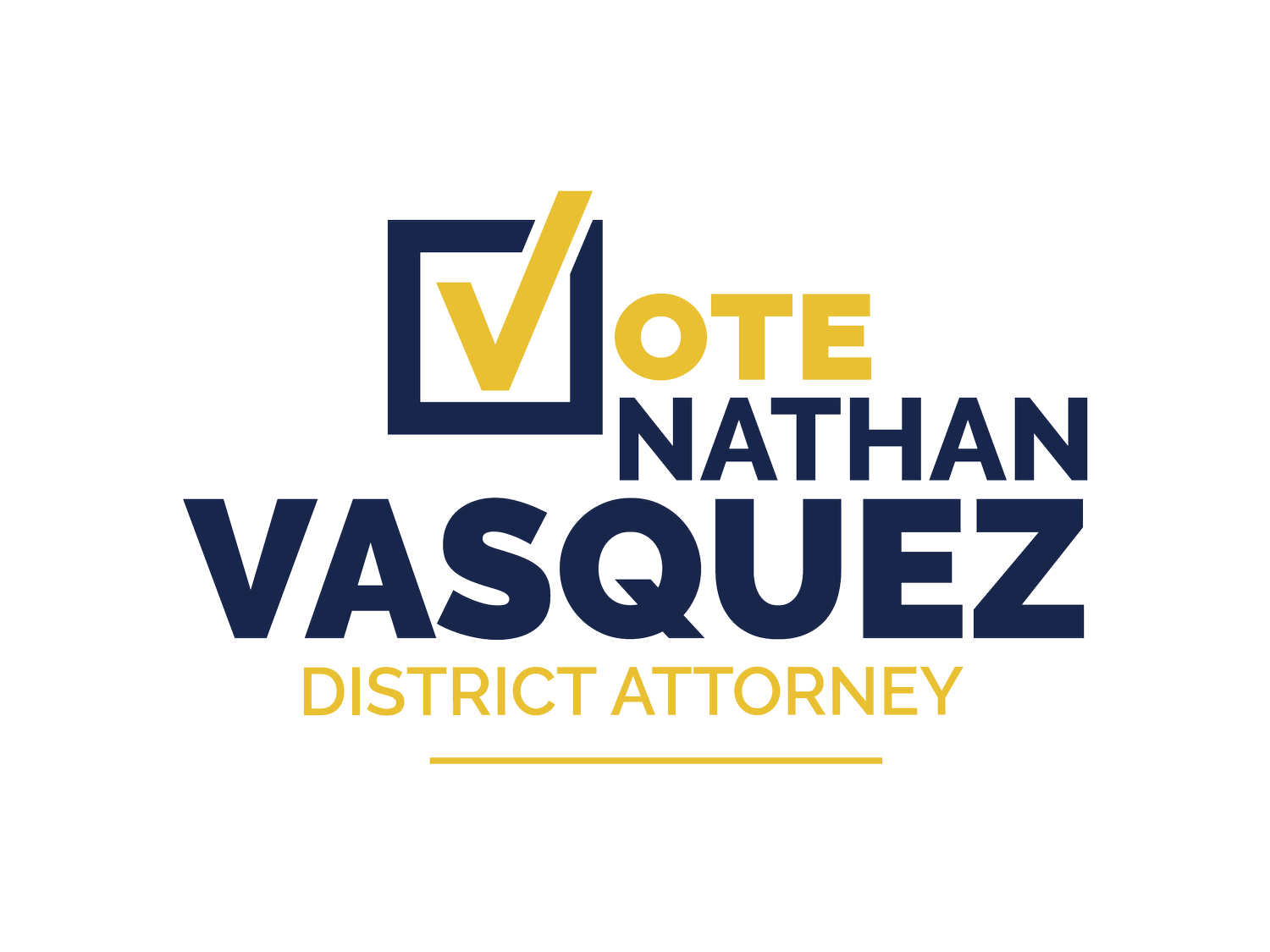What Is A Misdemeanor?
Source: Criminal Defense Lawyer Published by NOLO
Before reading the information below, I want you to think about the current state of our community; the types of behaviors you are seeing daily that make you feel less safe, the types of lawless behavior that is now commonplace on the news.
The legal process is complex, but consistency in enforcement of our processes, and providing clear boundaries and expectations through an accountability process is exactly why a justice system exists. We all agree to an invisible social contract wherein we adhere to our communal laws, and agree to be peaceful, contributing members of society. When we fail to adhere to those rules, there is a process of accountability… Or at least there should be.
Class A Misdemeanor
Reckless driving
Prostitution
Fourth degree assault (intentionally, knowingly or recklessly causes physical injury to another, or; as a result of criminal negligence, causes physical injury to another with a deadly or dangerous weapon.)
Class B Misdemeanor
Harassment (which can include stalking, hate crimes, and cyberbullying—occurs when one person acts in a way designed to annoy, provoke, threaten, or otherwise cause another person fear or emotional distress.)
Carrying a concealed weapon
Second-degree disorderly conduct (States and municipalities enact disorderly conduct laws in an effort to keep communities running smoothly, calmly, and peacefully. Whenever people engage in conduct that is likely to cause a disturbance or lead to some sort of non-peaceful event, this behavior is often prosecuted as disorderly conduct, sometimes referred to as "breach of the peace.")
Class C Misdemeanor
Theft of property less than $100
Third degree criminal mischief (criminal mischief occurs whenever someone intentionally damages someone else's property without their consent. The amount of damage can be minor or significant—it's the unlawful act of damaging property that is key to this crime.)
Failure to carry a driver’s license.
How Much Are We Prosecuting?
Source: Multnomah County District Attorney’s Office Website
Prosecution does not mean jail time for everyone. Prosecution means everyone has their day in court to be held accountable for their actions, and the role of the District Attorney is to consider what is the best method of accountability, and how do you help get both the victim and the perpetrator back to being whole again. For the perpetrator, sometimes this means drug diversion and rehab. Sometimes mental healthcare or community service. Sometimes fines or jail. Whatever the outcome, what is most important is that lawless behavior knows it will be met with consistent consequences.
That is how you rebuild public safety in communities.
Below is a bar graph indicating showing the number of jail/prison sentences for Misdemeanors vs A/B Felonies vs C Felonies over time from 2019 to 2023. You will notice that almost all misdemeanors are not serving any time, or any consequence.


